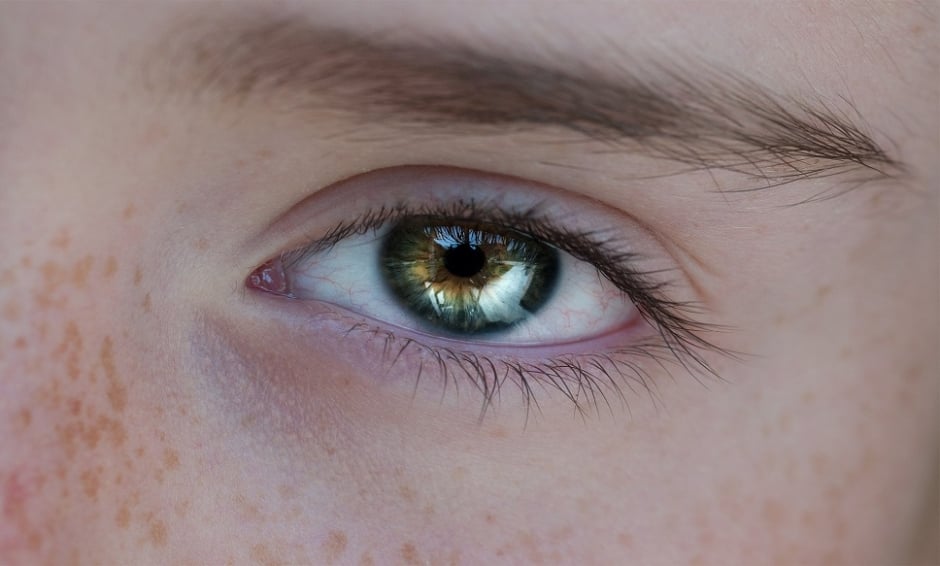RESEARCHERS have found that when individuals are unknowingly shown a visual cue that induces an aroused state they make more confident choices when tested for perceptual precision.
The research team from University College London (UCL), London, UK explored how unexpected states of physiological arousal could influence the confidence individuals feel about the accuracy of what they see in front of them. “Typically when we see something, we have insight not only into what we have seen, but also how clearly we have seen it,” explained the lead author of the study, Dr Micah Allen, Wellcome Trust Center for Neuroimaging, UCL. “If the picture is clouded or obscured, our feeling of confidence in what we have seen is lessened,” Dr Allen said.
To find out more about whether arousal could influence confidence, particularly in the face of uncertainty, the team analysed the performance of 25 participants in a motion discrimination test. The test involved having to decide whether a cloud of dots moved right or left across a screen. Participants were then asked to report how confident they felt about the choices they had made. Prior to the start of the task, an image of a face with a disgusted expression was shown to some, but too briefly to be consciously perceived. Those who did receive the hidden disgust-cue experienced an increased heart rate and greater pupil dilation.
The results showed that even when the test became more difficult and confidence was reduced, the unexpected physiological changes experienced by participants counteracted this effect. “Interestingly, we found that not only did confidence correlate with how fast a participant’s heart beat on each trial, but that artificially increasing arousal actually caused participants to act as if they were blind to the quality of their visual experiences,” Dr Allen said.
Co-author of the paper, Prof Geraint Rees, Dean of the Faculty of Life Sciences, UCL, also noted that: “As disorders such as depression and anxiety can be linked to altered states of arousal, our findings raise the possibility that patients suffering from these conditions might perceive an unrealistically certain or uncertain world.”
Jack Redden, Reporter








